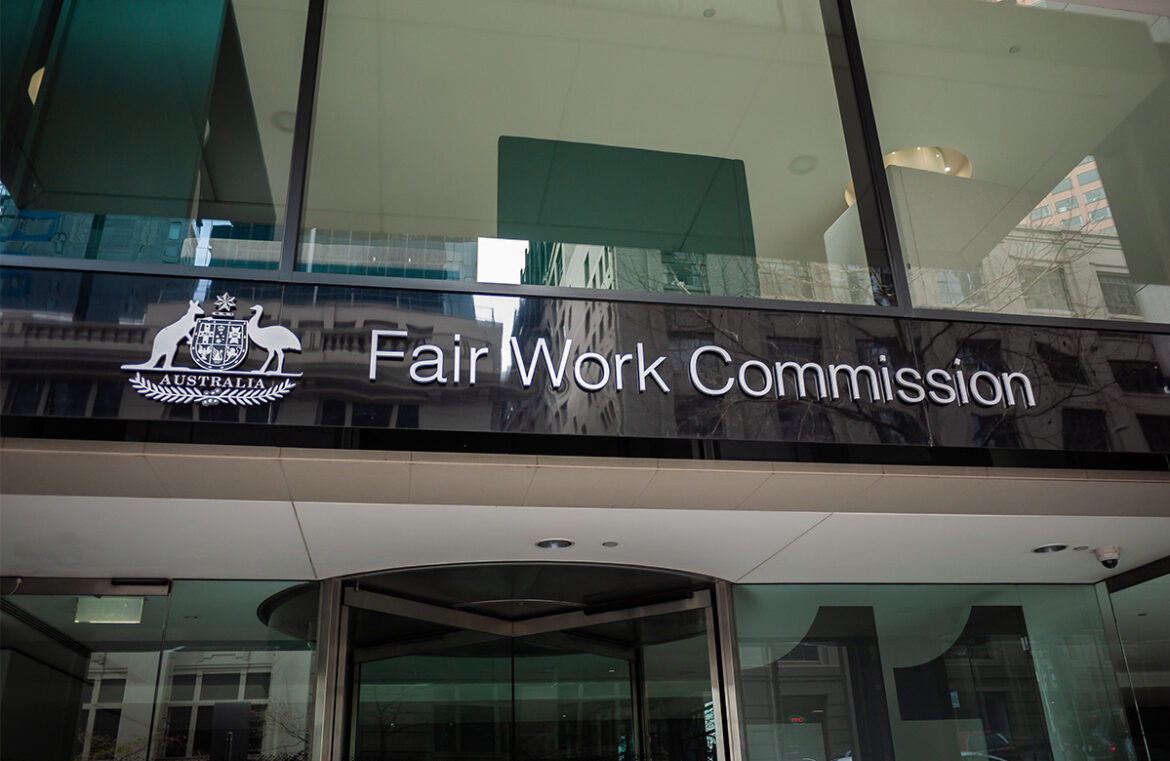Employees have greater rights to seek flexible work arrangements, and decisions about those rights are now assisting employers find the breadth of those rights. A recent example of a flexibility request that should have been approved sheds light on the process.
Employers who refuse a flexible work request have to do their own homework on the consequences and spell it out clearly in writing, a Fair Work Commission (FWC) full bench has held. A school must accommodate a teacher’s wish to temporarily work part-time in an executive role while she manages her return from parental leave.
The Commission previously found that the school had reasonable business grounds to reject the teacher’s request to perform her Religious Education Coordinator role three days a week for the first two terms of 2025.
The Commission granted permission to appeal on the ground that the commissioner did not give proper weight to the school’s failure to take into account the consequences of its refusal, as required under the Fair Work Act’s provisions. Consequences are the effects on the employee if the request is refused.
The teacher made her request on the basis that the part-time arrangement would fit in with her childcare arrangements and allow her to maintain the benefit of the role’s higher rate of pay while she struggled with a “substantial” mortgage.
The school, however, pointed out that it had a policy that teachers in executive roles are not able to job-share or work part-time and that she would have to return to her classroom duties if she wanted to go part-time.
The Full Bench agreed with the teacher’s case that in simply determining the dispute over reasonable business grounds the commissioner did not deal with the important questions raised in her dispute about the failure of the school to meet the other requirements in the flexibility provisions. Each section must be specifically addressed before a refusal is valid.
The Commission said that although the teacher did not “fulsomely describe the consequences of a refusal” in writing was not an answer to the requirement in s65A(3)(c) or the prohibition on the employer refusing a request unless this requirement was met.
“The requirement to consider the consequences of the refusal for an employee is placed on the employer…the employer was sufficiently aware of the consequences for [the teacher] of a refusal.”
“In our view, the evidence establishes that the discussions which were held were about alternatives offered by the employer based on its business needs and did not include any consideration of the consequences of refusing the arrangement on [the teacher]… We consider that the Commissioner failed to appreciate the significance of that finding and failed to take it into account in resolving the dispute.”
Essentially, the Act places a positive obligation on the employer to consider the consequences of a refusal on the employee.
The law provides that any such consideration will be discussed in the consultations over a request and be included in the written reasons for refusal required by s65A(1) to be given to the employee within 21 days.
In this case, the written reasons for refusal were some 82 days after the request was made, make no mention of the consequences for the teacher, and the evidence given by the individuals involved in the refusal of the request, did not indicate that regard was had to the consequences for the teacher.
“Put simply, not only is a written response to a request required to be given within 21 days, but it is also subject to the requirement that where the request is refused, the employer must provide details of the reasons for refusal…we consider that this includes not only that it has had regard to the consequences of the refusal for the employee but how it has had regard to those matters.
The full bench held it was wrong to regard the question of whether the refusal was based on reasonable business grounds “as the only matter of substance… “, saying that “…each of the matters in s65A(3) must be satisfied before an employer is entitled to refuse a request for flexible work arrangements”.
The upshot was the school was not entitled to refuse the teacher’s request and she was entitled to return to work in accordance with her request for a flexible working arrangement.
Lessons
Employers must be diligent in how they make their decisions in refusing requests for flexible work arrangements. The obligations regarding flexibility decisions are mandatory, and not just a question of administrative procedure. Employees now are more protected when they ask for flexibility. Employers must give proper consideration to the impact on employees if rejecting an application for flexible work. As an employer you must give sincere and proper consideration to requests – not just tick the box on it.







COMMENTS